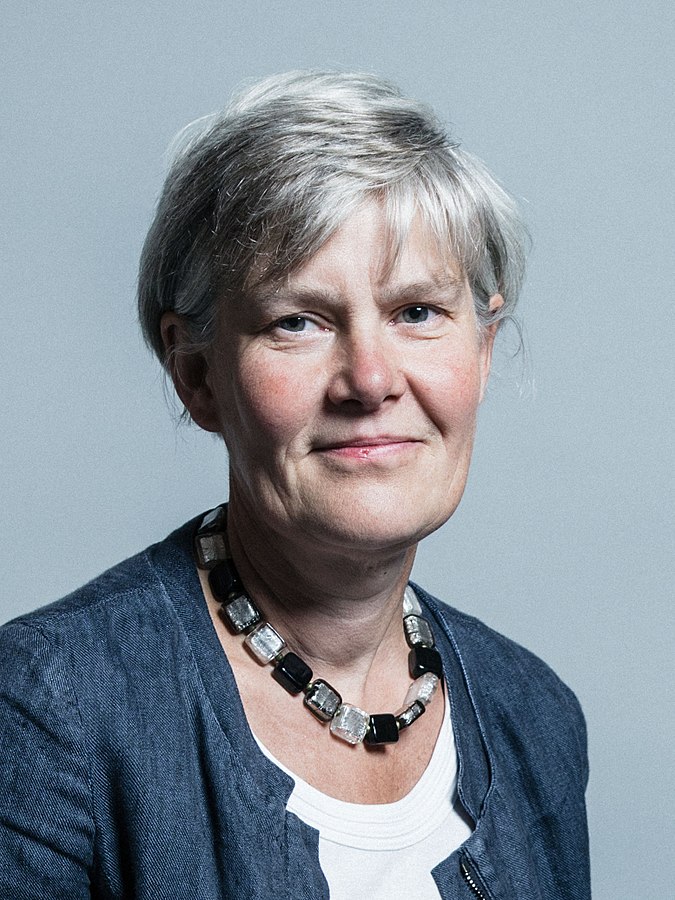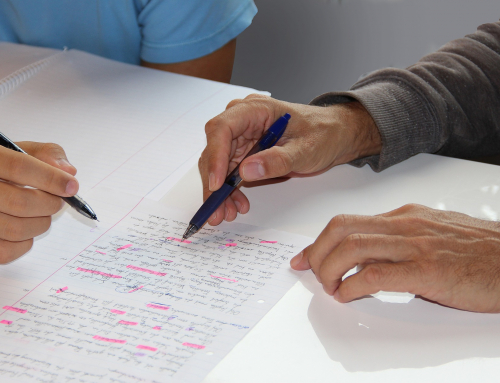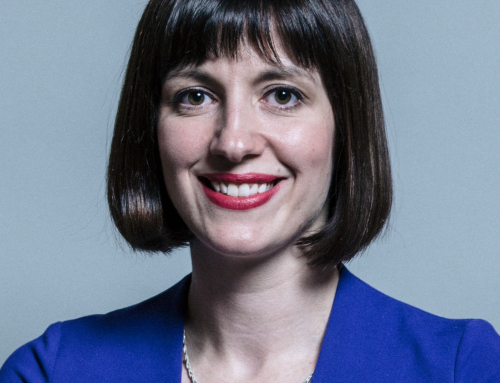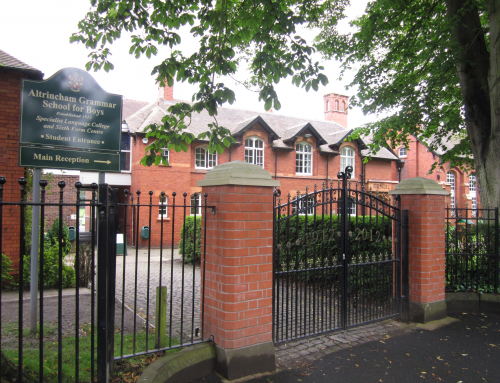
Kate Green, the MP for Stretford and Urmston, has been appointed as Labour’s shadow education secretary. Green has a strong record as a campaigner for children’s rights,she was chief executive of the Child Poverty Action Group before she entered Parliament. Prior to that, she was director of the National Council for One Parent Families.
Her constituency is in selective Trafford and Green has spoken out regularly on the problems of the 11-plus, showing she fully understands the damage of selective education. She clearly has a particularly concern for the impact on disadvantaged and SEN pupils. In one parliamentary debate she spoke eloquently about many problems, and we publish highlights of her excellent speech here.
“Selection at age 11 is not an unalloyed good for everyone, or even for the majority of our children. A few weeks ago, I went to meet the headteacher of one of our very successful non-selective girls’ schools. She talked about the challenges that she and her staff team face when girls who have failed the entrance examination for our local grammar schools arrive at her school, at the very young age of 11, demoralised and dispirited, believing that they are failures and have been written off.
“That headteacher’s team do a tremendous job to recover the morale and confidence of those girls, who go on to perform extremely well, but I find it offensive that we should say to young children, “You are a failure”, on the basis of an inflexible and unsuitable examination that does not reflect the wider context of what is going on in children’s lives and what learning ought to be for. If we have a system in which only one in four of our children aged 11 are told they are successful and have potential, we are getting something very wrong.
“The selective system does not perform well for all our children in Trafford, nor does it deal with the postcode lottery, which Ministers have said they want to address. In Trafford, children from the richest wards are by far the most likely to be in Trafford’s grammar schools. Those from the poorest wards, largely concentrated in my constituency, are the least likely to be in grammar schools. In preparation for this debate, I saw a graph of the numbers, and the curve was startling and shocking: a tiny proportion of children in wards such as Bucklow-St Martins and Clifford in my constituency go to grammar school, compared with a much higher percentage of children from Hale and Bowdon, in the more prosperous parts of the borough.“
“There is something very troubling about a graph that shows that only children from the richest parts of the borough have a high chance of entry into grammar schools. I suspect that their having supportive parents, and lots of assets in their home to support their learning through educational toys, reading, educational trips and leisure activities and so on, is the reason why they have a higher chance of getting into grammar schools.
“It is not even selection at age 11 in Trafford; in practice, it is selection for most children at age 10, because the entrance examination is taken at the start of year 6 before many children have reached their 11th birthday. I think that putting little children of 10 years old through that kind of process is really wrong. I feel really uncomfortable about it, and I would like to hear the Minister tell us in his response what analysis the Government have made and what consideration they have given to the pressure that that kind of system puts on young children and their parents.
“As I said earlier, selection is not really about parents making a choice; it is choice by the schools, which impacts particularly on children with special educational needs and disabilities. In Trafford, many parents have told me that they believe that grammar schools, deliberately or otherwise, deter or reject their children because they believe that admitting such children would have an adverse effect on their overall school results. The inspection and monitoring systems do not sufficiently incentivise grammar schools to take those children, and where they do take them, there is ample national—not just local—evidence that it is more likely that grammar schools will take SEND children only if they are at the milder end of the SEND spectrum. In other words, that means children who are more likely to be able to develop and improve.
“I have heard far too many reports from parents in my constituency of the failure of the system to make adjustments for the way in which SEND pupils take the entrance tests—even if the schools have been alerted to the special needs of the students in advance… In truth, no matter how well the tests are administered and no matter how responsive they might try to be to the particular needs of children with special needs, the 11-plus system is inherently discriminatory against those special needs children, as indeed the exam board GL Assessment itself confirmed in its research of 2009.
“In addition to the exam system, developments in the curriculum also discriminate against some SEND students. We have already heard about the EBacc, which the Minister appeared to regard as a measure of success among students, but in fact that measure does not work well for SEND children, and neither do some of the back-to-basics traditional teaching methods that are now being applied at GCSE in English and maths.
“All this means that, in practice, the non-selective schools in Trafford end up taking a disproportionately large number of children with special educational needs. I must say in their defence that those schools do exceptionally well for those children, but it puts those schools under huge pressure and often means that parents cannot get their children into them, even though they are the local schools, because the children with special needs and statements have to take priority for the available places. Those schools also struggle to maintain sixth forms, which means they sometimes struggle to recruit the most academically specialist teachers. In practice, children in those schools are not necessarily getting the chance to have the best education and the best teaching.
“Ministers owe a very special obligation to SEN children—a special obligation to ensure that they can fulfil their potential, make the most of their education, and be included and educated alongside other kids. The Trafford experience shows that the opposite is true. The result is that we are failing to protect the rights and interests of disabled children, and it is endemic to the selective system to fail to do so. I would argue that it is also at odds with our international obligations under the UN convention on the rights of persons with disabilities, as well as our obligation to serve the best interests of every child.“
We congratulate Kate Green on her appointment, and hope she will continue to speak out about the injustices of selective education from the Labour front bench.





